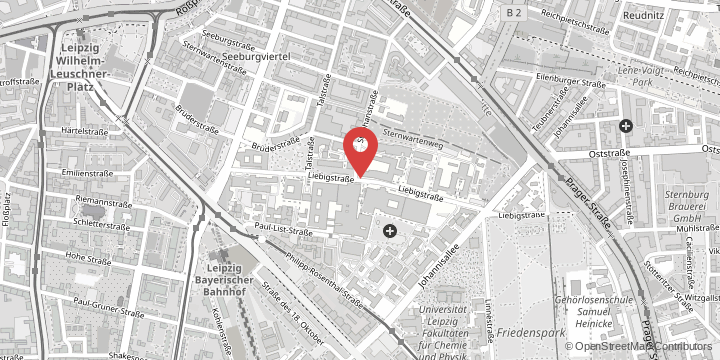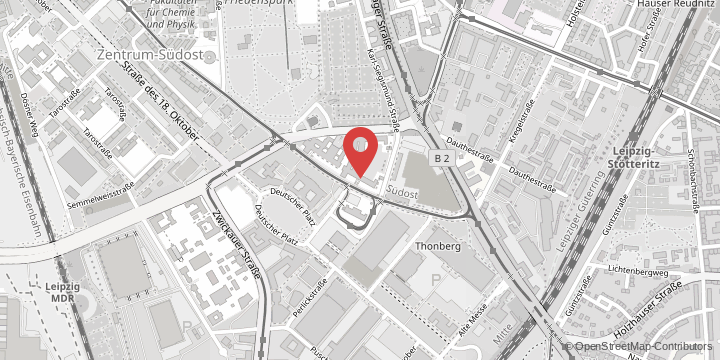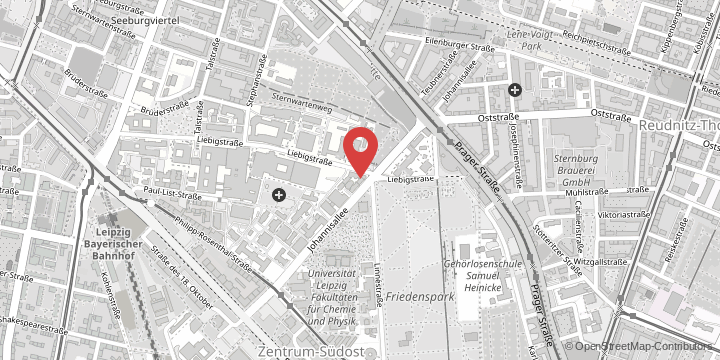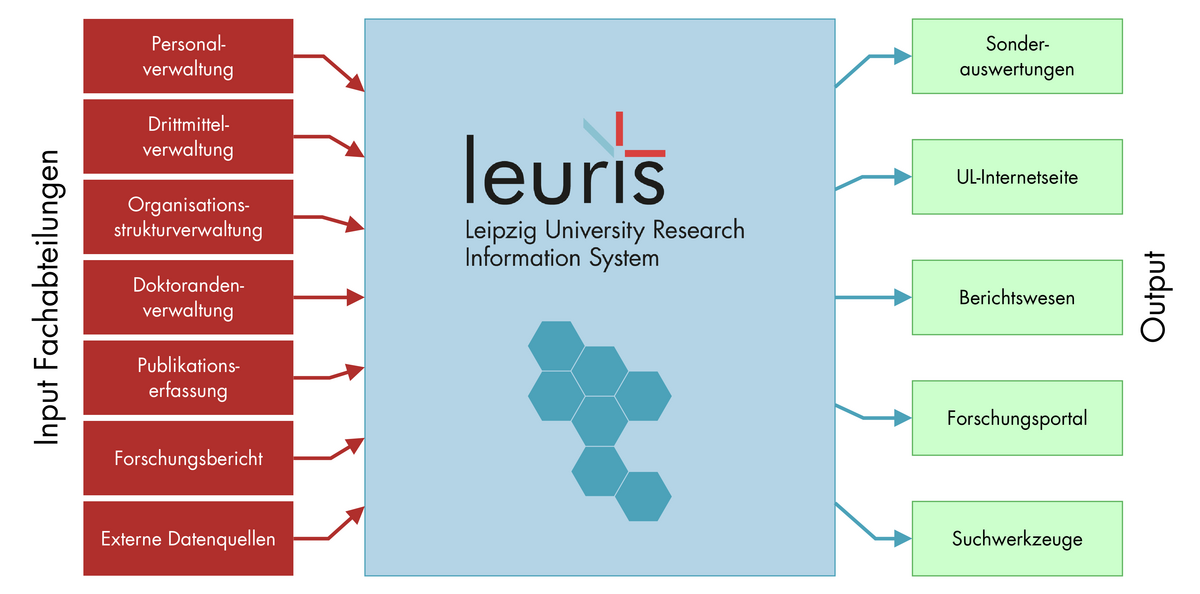Leipzig University's research information summarises the research activities of our academics and are important key figures for public reporting. The key research figures also support the university management in the strategic management of our university. Transparency is becoming increasingly important in modern science, which is why research information and research information systems (RIS) play a central role.
Our key research figures at a glance
leuris: Leipzig University Research Information System
Since 2016, our university has been developing its own research information system, Leipzig University Research Information System (leuris), which takes into account the requirements of the university and researchers.
To this end, leuris integrates the university's existing specialised systems and their research information. In order to realise this in the best possible way, leuris follows a modular approach. Each module fulfils a clearly defined and narrowly defined purpose and is implemented as an independent component. The modules are managed by one or more of our university's specialist departments.
What is research information?
Research information comprises all relevant data generated in the course of scientific activities at a university. This includes information on publications, research projects, participating researchers and other research activities. This data forms the basis for analysing, documenting and presenting the research performance of an institution and serves as a basis for strategic decisions and reporting.
Our university currently collects information on research projects, publications, prizes and awards, international collaborations and scientific events that have taken place within our university.
What are research information systems?
Research information systems (RIS) are specialised software solutions developed to collect, manage and analyse research information. They serve as a central platform on which all relevant data on scientific activities are bundled and published. An FIS enables universities to manage their research activities more efficiently, increase transparency and ensure compliance with reporting obligations.
A future objective is the comprehensive integration of the FIS into the entire IT landscape of the university. This integration will enable the FIS to work seamlessly with other systems such as the library systems, identity management and the project management system. As a result, data can be managed consistently, redundancies and sources of error minimised and a uniform information basis created. The desired integration will not only increase the efficiency of data management, but also improve the quality and availability of research information, which is beneficial for strategic decisions, internal reports and external communication.
Our training programme
The leuris team offers various training formats to all members of our university who are involved in research and research reporting. In addition to a virtual training room with many video tutorials, we offer both online training and on-site training by arrangement.
If you would like a personal training course in addition to those offered in the virtual training room, we would be happy to offer you on-site or online training.
Please send us the following information by e-mail:
- a list of the topics or questions that are of particular interest to you,
- the number of participants (maximum 20 people)
- Suggested dates on your part.
We will then prepare the relevant training course and contact you to clarify the organisational details.




































































